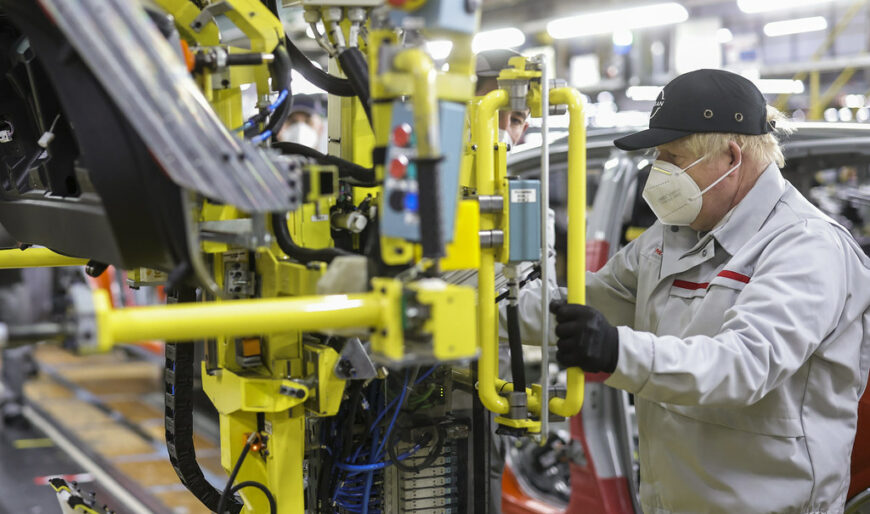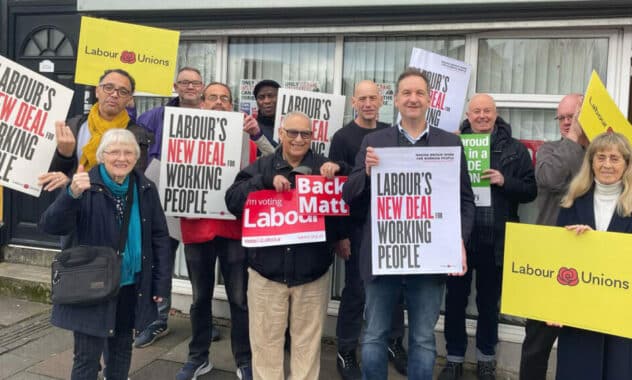Whatever happened to the Prime Minister’s “high wage economy”?
Far from encouraging workers to seek higher pay, the government is now telling them to accept lower pay.

In the New Statesman, George Eaton has written an interesting piece on Boris Johnson’s promise of a high wage economy.
At last year’s Conservative conference, the Prime Minister confidently promised to forge a “high-wage economy”, against much of prevailing orthodoxy of previous Conservative administrations. “We are embarking now on a change of direction that has been long overdue in the UK economy”, Johnson then declared.
However, as Eaton points out, after briefly rising in the wake of the Covid-19 crisis – as workers came off furlough – real weekly wages are now back below their 2008 level. At the same time, the Bank of England has forecast the fastest fall in living standards for 70 years.
Eaton goes on to examine what happened to those promises and what the response of the Government has been to the low wage, low growth, low skills and low productivity reality of the UK economy in 2022.
“Far from using this moment to encourage workers to lower their expectations, the government should be encouraging them to raise them – not least because it intends to tax them more. Despite the surge in inflation, Johnson and Rishi Sunak have confirmed that National Insurance will rise from 12 per cent to 13.25 per cent this April, a move that will hit workers earning as little as £9,880. It will also cost an employee earning £30,000 an extra £214 a year. To the insult of falling wages, the government is adding the injury of higher taxes.
It doesn’t have to be this way. What this crisis proves is that Johnson is prepared to will the end of higher wages but not the means. It suits the Prime Minister to pretend that the UK’s parlous living standards are the result of excessive immigration. But dismal productivity (reflecting a lack of investment) and enfeebled trade unions are more important culprits. A mere 26 per cent of UK workers are covered by collective bargaining agreements, compared with an EU average of 61 per cent.”
You can read the whole article here.
Back in 2017, Professor Alan Bogg, Professor of Labour Law at the University of Oxfor wrote an IER opinion piece, ‘Eight ways to raise pay and protect us from over or under-pay’, outlining the measures that could transform the economy, including collective bargaining, creating a living wage commission and the enforcement of a living wage. In the piece, he says:
“Sectoral collective bargaining refers to the process whereby the unions and employers of each industry negotiate minimum term and conditions applying to all workers in their sector including (amongst other things) minimum pay rates and allowances, and permissible forms of employment. This is the most effective way of increasing the real value of wages and removing precarious forms of employment.”
The IER’s work on collective bargaining and it’s relation to higher pay and more secure work informed much of Labour’s 2019 worker’s rights manifesto.







